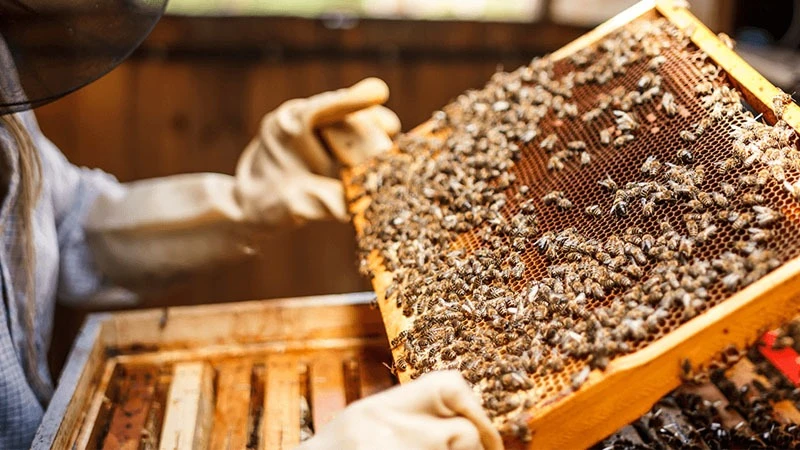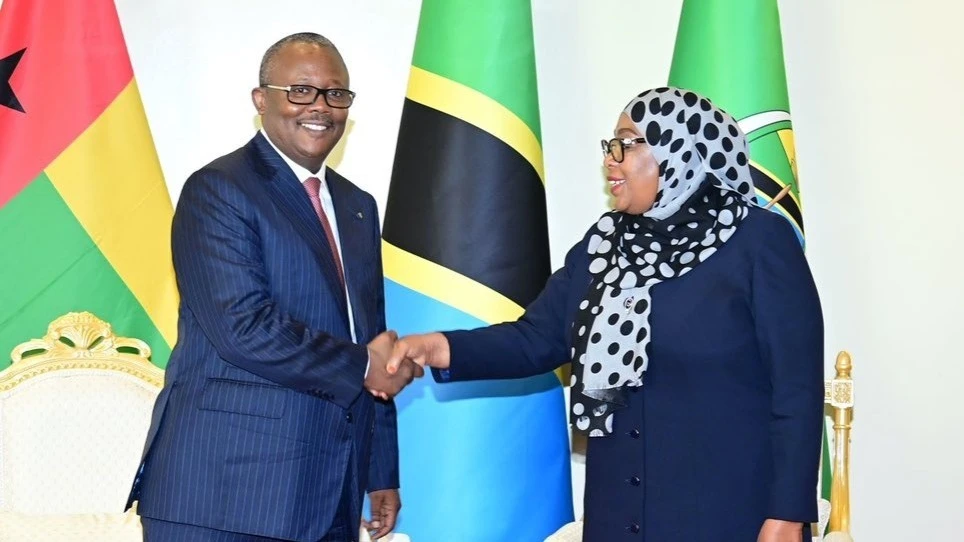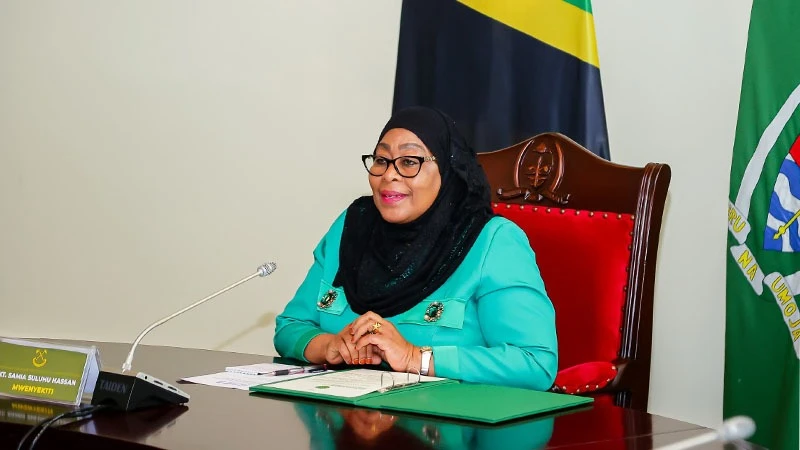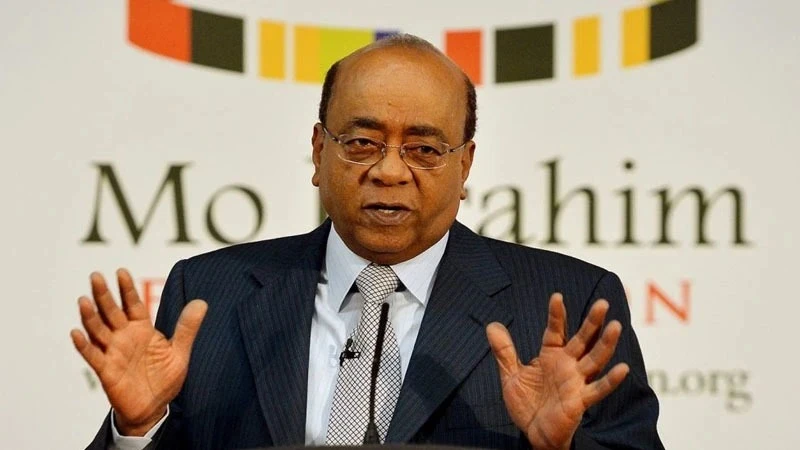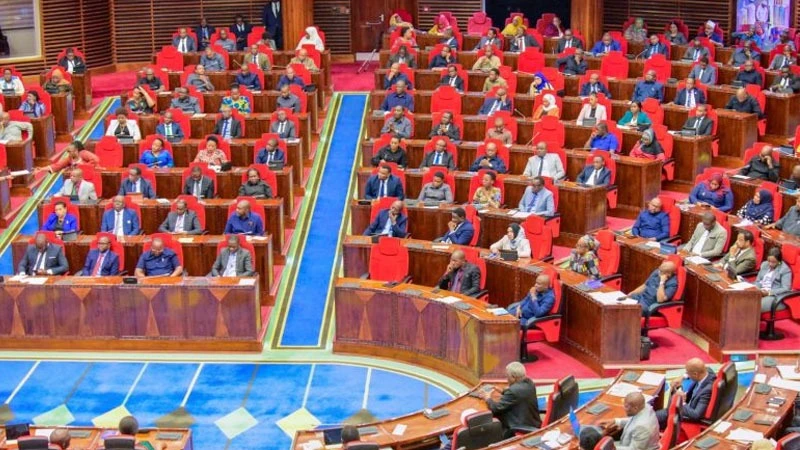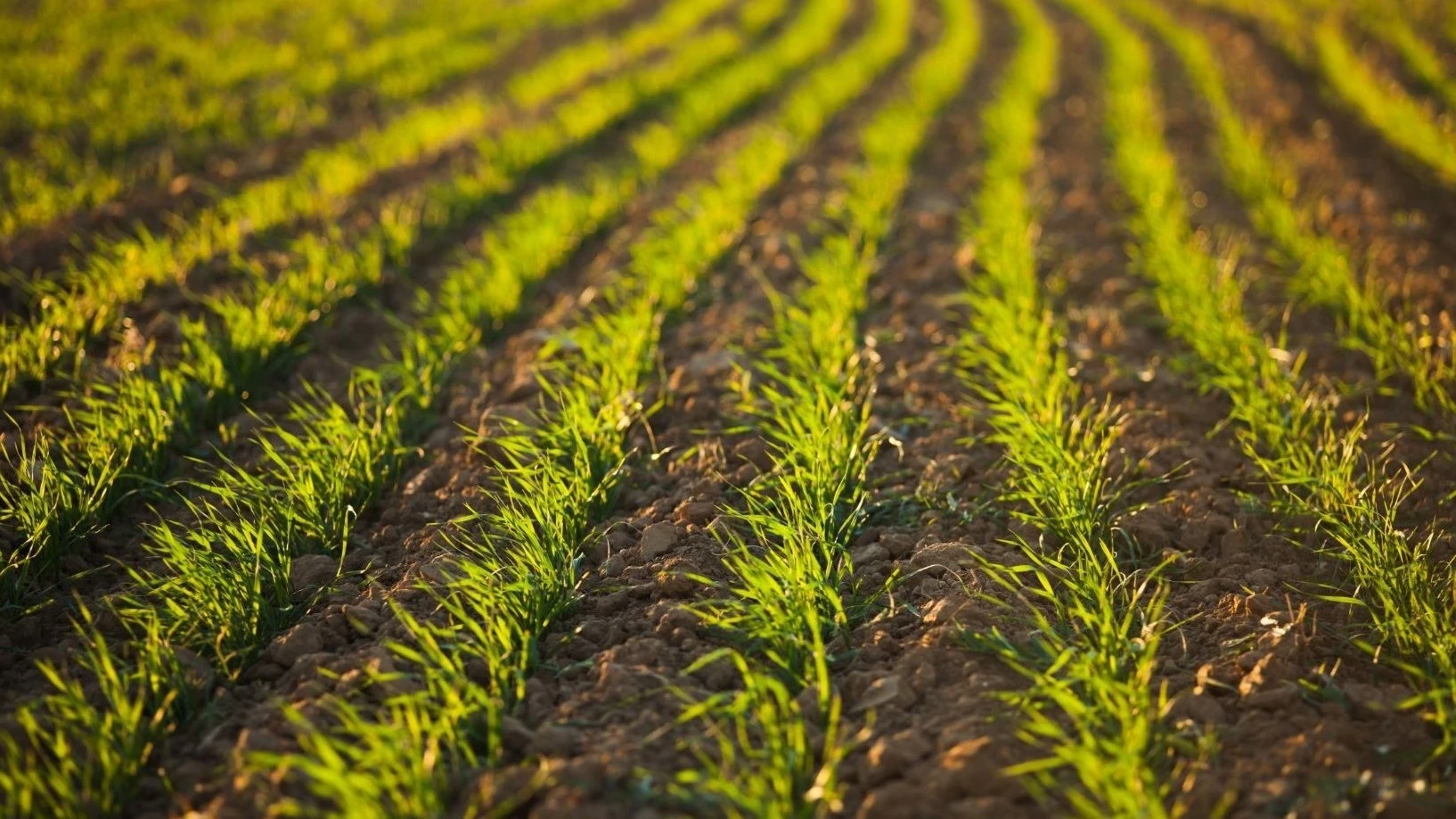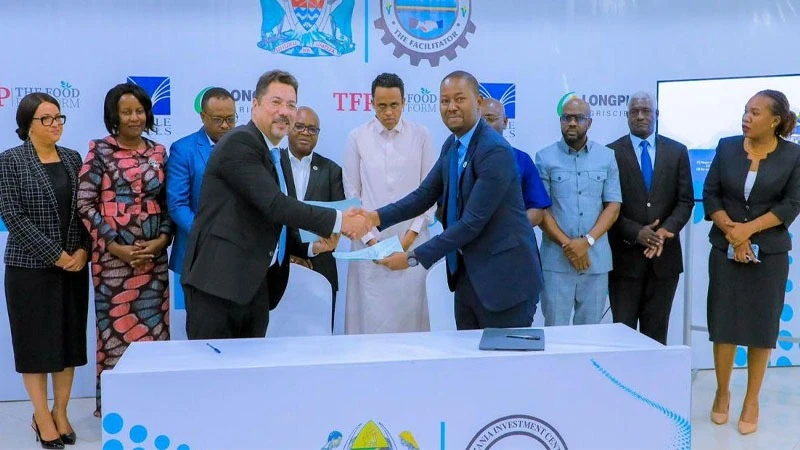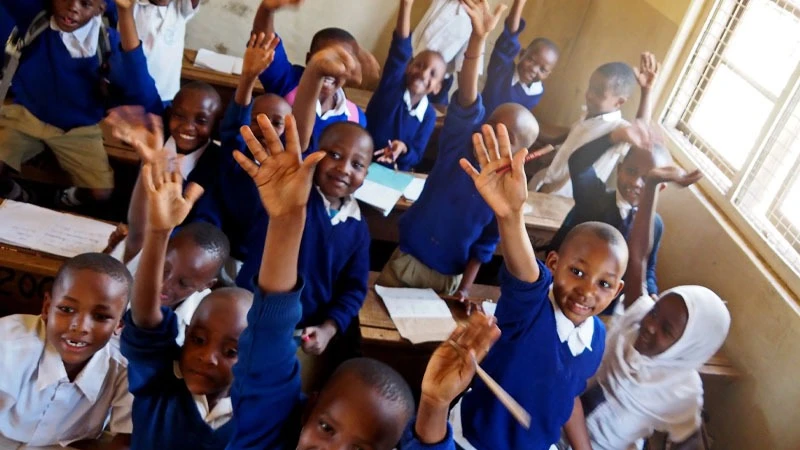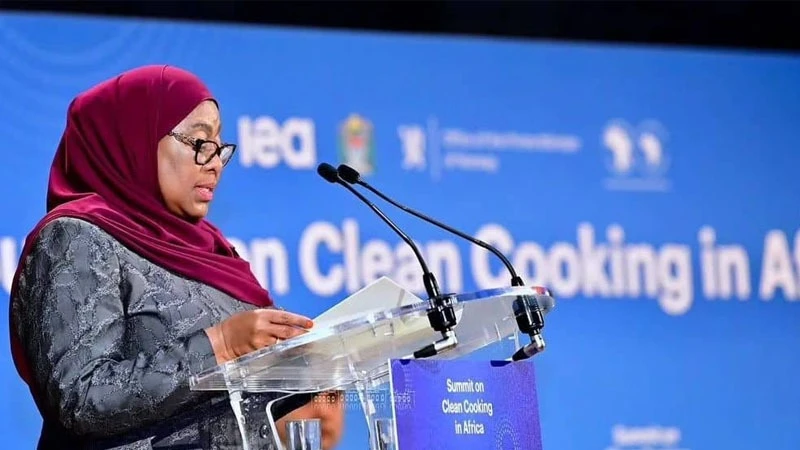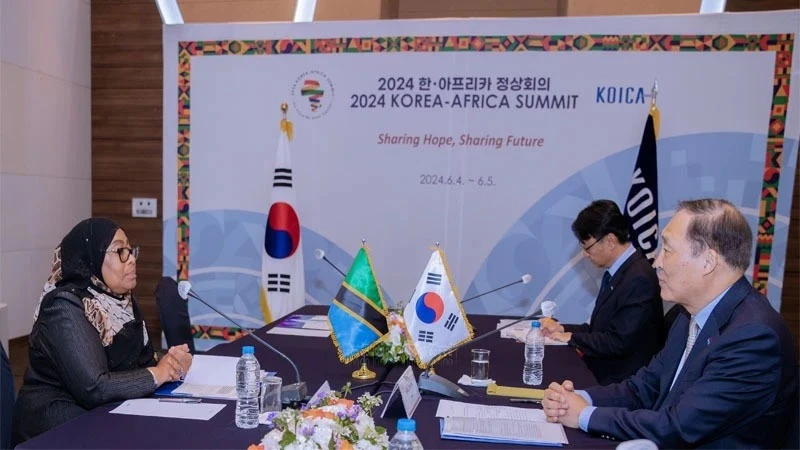African vaccine partnerships need to have a limited focus, not vast strategy
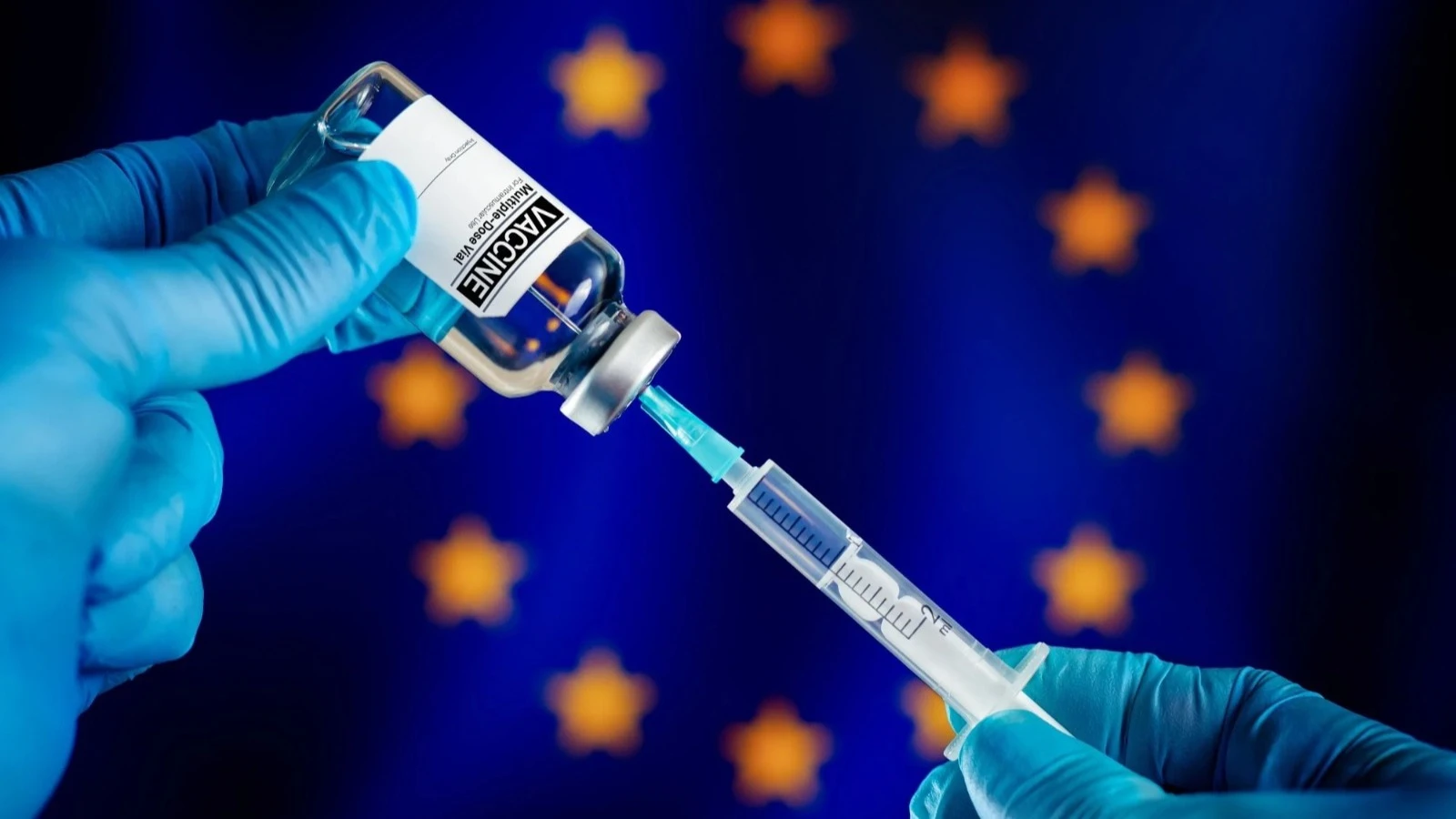
A lot is being done towards assuring African nations of access to key vaccines both for current and future use, but the way this rather pre-emptive effort is being merits another glance.
The Africa Centres for Disease Control and Prevention (Africa CDC), jointly with the International Vaccine Institute and the South Korean version of CDC, hosted an event on the sidelines of the Korea-Africa Summit on the issue at the start of the week.
The event brought together government officials, public health cadres and industry leaders, the idea being to foster partnerships with a shared aim of enhancing vaccine access.
Granted that this quest is vital for health security in Africa, and evidently in line with the theme of the summit, ‘The future we make together: shared growth, sustainability and solidarity’, there is more to the vaccine partnership that could go sour.
Things were being conducted as part of exploring opportunities for Korea-Africa public-private partnerships, made overly credible as it is linked with the African Union (AU) idea of local manufacturing 60 per cent of vaccine needs by 2040. It is likely that blanket views of local sourcing of vaccines could ignite mistakes.
Taking a look at what was said of presentations from each of the hosting organisations as well as a series of best practice case stories from the point of view of global health funders could help.
These include vaccine manufacturers, government and inter-governmental agencies and academia, some of them listed as RIGHT Foundation, Biovac, EuBiologics, IVI, Africa CDC and the Kenya Advanced Institute of Science and Technology.
Reports said that they all highlighted the importance of multilateral and multisectoral cooperation meeting this target and other AU development goals: Is it access to vaccines or could there be more to it?
There are ongoing projects between and among the partners, showcasing a comprehensive and sustainable approach to strengthening the continent’s vaccine ecosystem.
Skipping auxiliary details, is this ecosystem guaranteed by picking one a single institution to take up vaccine manufacturing that is now conducted by so many agencies, organisations and companies?
And if not all of the vaccines can be sourced from one point, is there any use in structured specialisation just to localise the manufacturing?
Is it not easier to obtain patents where relevant or just seek to bring up a United Nations or CDC buffer stock system to obtain vaccines if and as needed? Is localisation of vaccine manufacturing basically a health sector goal?
It is not clear how these distinctions were being debated at the Seoul meeting or earlier in the AU strategy drawing room platforms.
All the same, the reality is that a Covid-19 vaccine plant from Germany or with US links closed shop in South Africa during the last days of the pandemic, the explanation being that there was no more need for the vaccines.
If there are routine vaccines for children which presumably cost more when obtained from outside that can be discussed, chances are that this request is among routine foreign aid proposals tinged with observably faulty health sector nationalism.
The bottom line, though, is that poor-quality vaccines just cannot – and should not – be entertained.
Top Headlines
© 2024 IPPMEDIA.COM. ALL RIGHTS RESERVED






